275 Results

Q&A with Olivier Alexandre, author of “Tech”
Sep 02 2025
Author Olivier Alexandre on writing “a slow study of a fast-moving industry” and the future of Silicon Valley.
Read More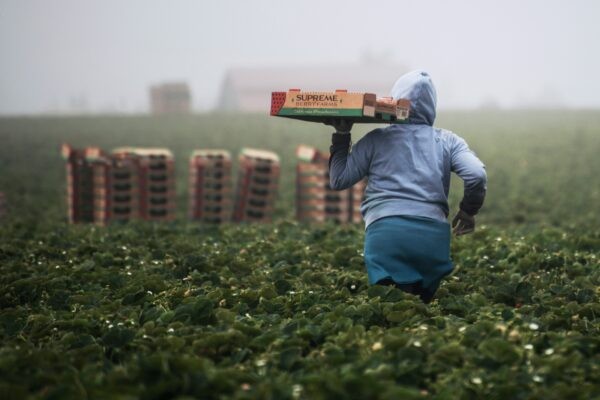
How Immigrant Workers Hold Up the Food System
Aug 27 2025
Authors Laura-Anne Minkoff-Zern and Teresa Mares on why there can be no quality or sustainable food for consumers if frontline immigrant workers are not treated with dignity and justice.
Read More
A Sad Prediction Born Out by Events
Aug 13 2025
Twenty-two years ago, author James Ron published a book that predicted much of what we see today in Gaza. He reflects on what the book got right and wrong, in the wake of current events.
Read More
Reproductive Freedom and Bodily Autonomy for All
Aug 08 2025
Marlene Fried and Loretta Ross on writing a history of abortion politics through a reproductive justice framework.
Read More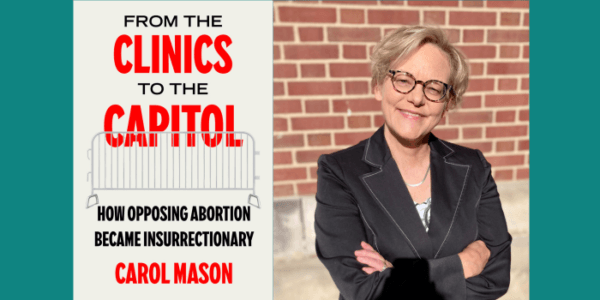
Q&A with Carol Mason, author of "From the Clinics to the Capitol"
Aug 07 2025
Author Carol Mason giving historical contexts for today's political rhetoric
Read More
Q&A with Isak Ladegaard, author of “Open Secrecy”
Aug 05 2025
Author Isak Ladegaard on how large, shadowy groups undermine state control and present new capacities for collective action.
Read More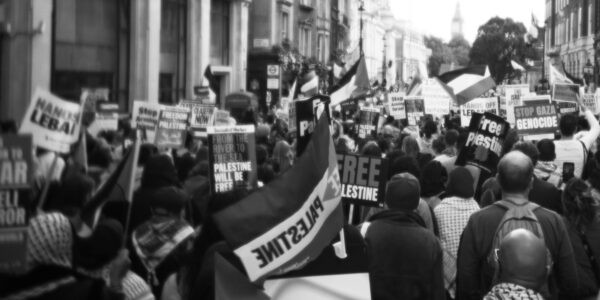
Is There a Way to Fight Back?
Aug 05 2025
Author John Chalcraft discusses a new theory of popular mobilization, helping us to fight for an alternative to the multiple crises of the present—from authoritarianism to genocide.
Read More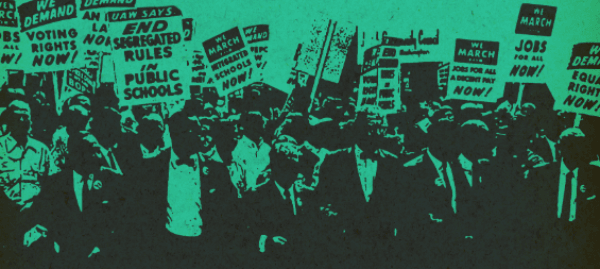
How Black Workers Drove Interracial Labor Solidarity
Aug 04 2025
The elusive promise of interracial solidarity is an age-old question, one made all the more urgent in the current political climate. Can Black and white workers stick together against their bosses?
Read More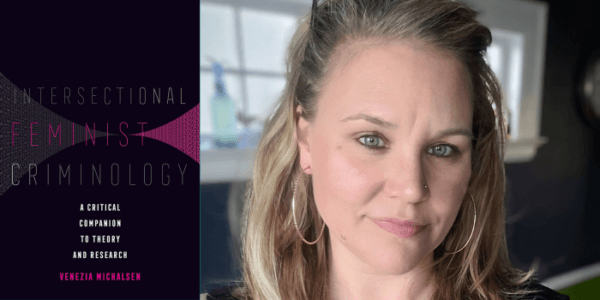
Q&A with Venezia Michalsen, author of "Intersectional Feminist Criminology"
Jul 11 2025
Author Venezia Michalsen discusses her motivations for writing the book and the impact she hopes it will have on other Criminology students and scholars.
Read More
What LA’s Antelope Valley Teaches Us about Fighting for Just Cities
May 13 2025
Today, there's a broad understanding that American cities are operating in unsustainable ways. How does this untenable model persist? As author Rahim Kurwa explains, it has to do with offloading crises to cities' peripheries.
Read More